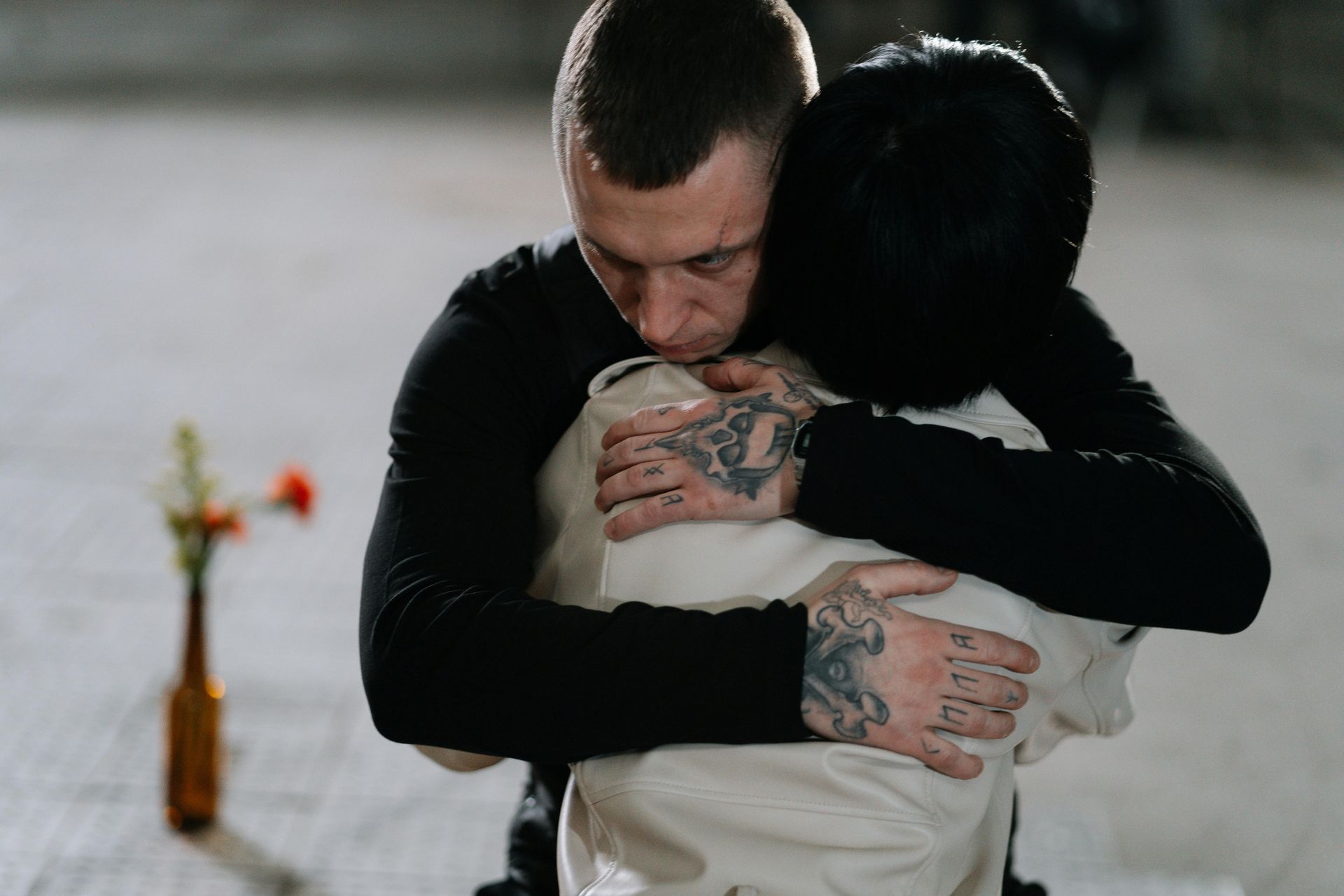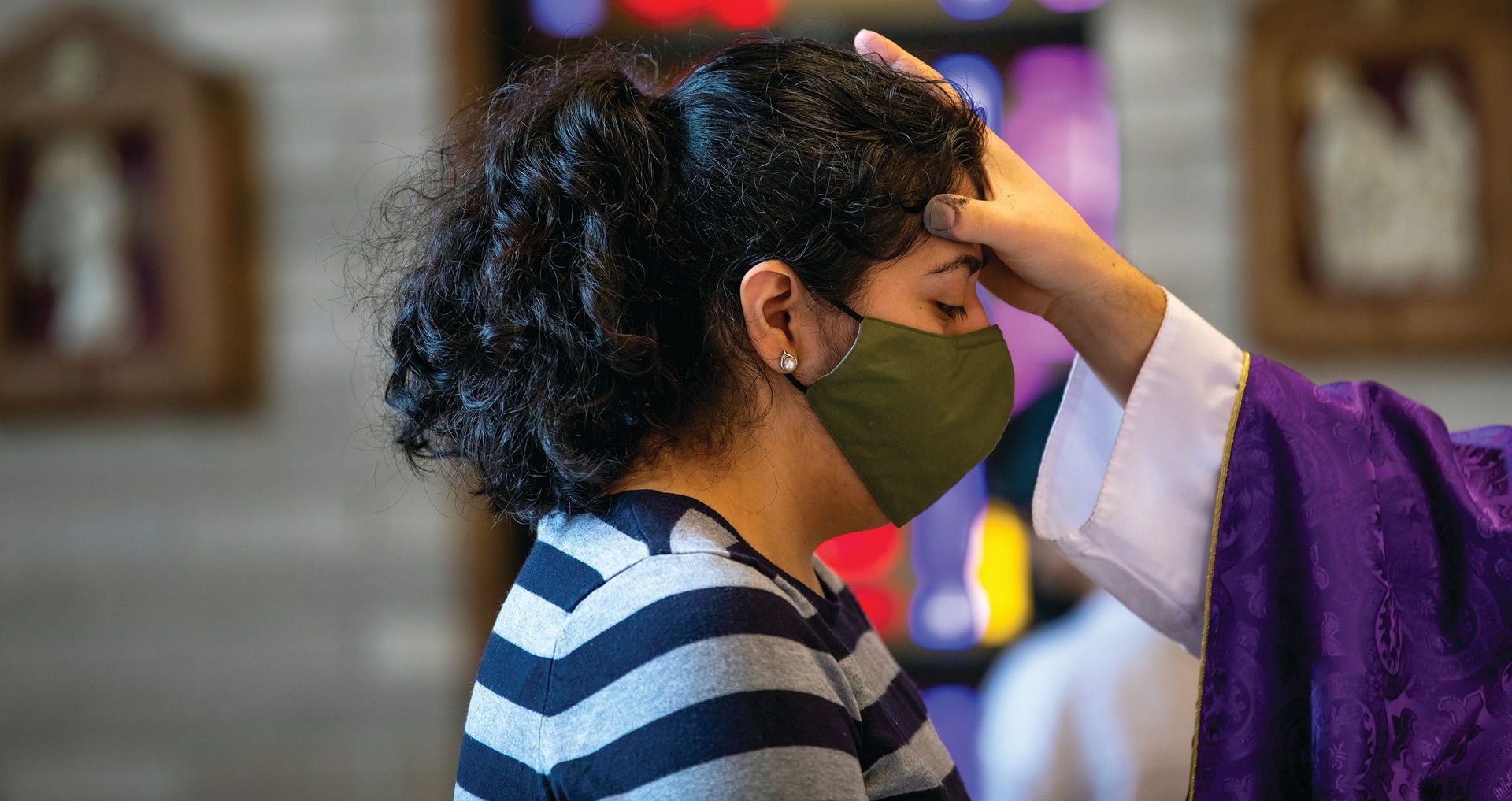Eucharist as a Way of life
Eucharist as a Way of life
St. Paul the Apostle is considered the greatest missionary in the first Christian community. He traveled through many regions and nations to preach the resurrection of Jesus. He organized the first Christian believers and he founded many communities. St. Paul shared his mission experience and his wisdom in his letters to different communities he founded. His observations and teachings are profound and meaningful, and at the same time it is written in simple words. I would like to reflect on his letter to the Ephesians today (Ephesians 5:15-20) and link it to the gospel assigned on the 20th Sunday in O.T.
There are five meaningful and practical observations of St. Paul in that reading. Starting with the first sentence, “Watch carefully how you live… making the most of the opportunity, because the days are evil.” Paul is advising Christians who live in difficult and challenging times to be dynamic and active members of society. He is not suggesting to his brothers and sisters to hide and avoid the evil world, but to be involved in searching and finding God in everything. As disciples of Jesus, we are called to use any kind of opportunity to recognize good and act upon it, instead of complaining and just criticizing the evil world. We are called to become a witness of God in a materialistic society.
Secondly St. Paul says, “Do not continue in ignorance, but try to understand what the will of the Lord is.” Disciples of Jesus must practice spiritual discernment. They must listen to their hearts and to God at the same time. They must be wise to distinguish good from evil and they must aspire to understand the will of God in their lives. As disciples of Jesus, we must reflect every day, what does God want us to do.
Next we have a reminder from Paul, “Do not get drunk on wine, in which lies debauchery…” Paul’s advice is very practical and often expressed straight forward. Abuse of alcohol is often a reason of licentiousness and sexual immorality. Thus, it is a part of spiritual discernment to choose moderation in eating and drinking.
Additionally, Jesus’ disciples must be mindful of everything they consume in a broader sense. It is not just about food and drink, but what they listen to and watch, who they meet, and who they hang out with. In connection to the above, Paul encourages his followers to “be filled with the Holy Spirt, addressing one another with psalms and hymns and spiritual songs, singing and playing to the Lord in your hearts.” According to him it matters how they “feed their hearts” and how they form their minds. As disciples of Christ, everything, what we listen to, watch and say to one another is significant for our spiritual growth.
Lastly, the final advice in today’s reading is about gratitude. According to Paul, everything is grace. Thus, disciples must be grateful when they pray, eat, work, at the beginning of and at the end of the day. “Giving thanks always and for everything in the name of our Lord Jesus Christ to God the Father” is a wonderful prayer and humble attitude that disciples of Jesus must acquire.
The reminders of St. Paul are very much useful and practical for us today. Although the world and context have changed, the struggles of Christians are alike. We can learn a lot from St. Paul. Elsewhere in his letters, St. Paul underlines that we are limited and weak human beings, but with God, we can do everything. These words give us courage and hope. At the same time, we realize we need spiritual nourishment to grow and continue our earthly pilgrimage as followers of Christ. Eucharist, as a divine sustenance, is essential to our spiritual growth and discernment to find and chose good rather than evil.
Today’s gospel about the Eucharist, links well with our reflection on the letter of St. Paul. Jesus says to his disciples, “Unless you eat the flesh of the Son of Man and drink his blood, you do not have life within you.” The Eucharist is not just a one time-event, but rather a way of life by which we allow ourselves to be constantly nourished with Jesus’ body and blood. “Whoever eats my flesh and drinks my blood remains in me and I in him… and he will have life because of me.” Through the Eucharist, Jesus strengthens and enables us to be his disciples even in the difficult and challenging world of today. Let us be grateful for the gift of Eucharist in our lives.
Fr. Andrzej










